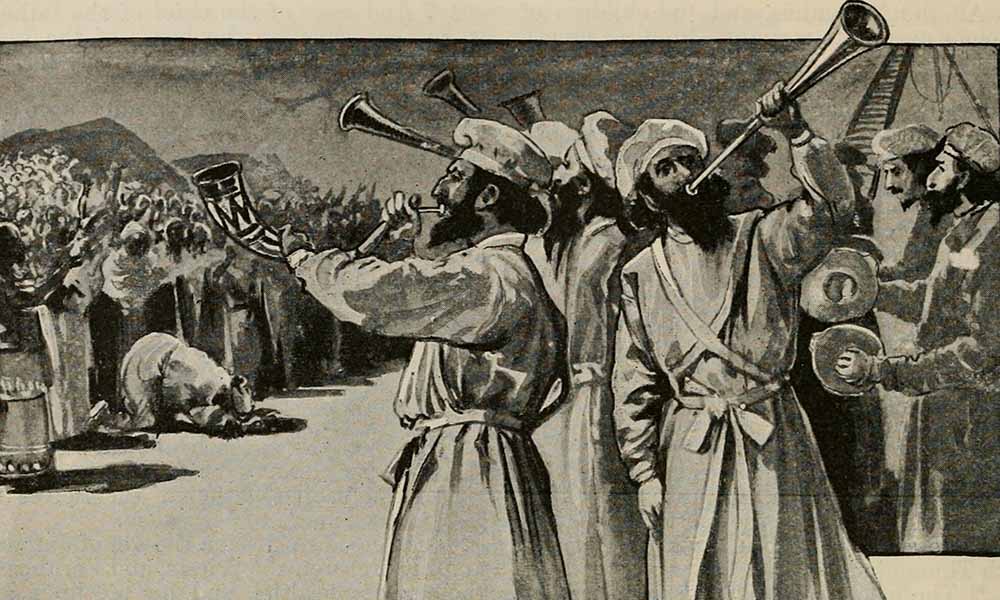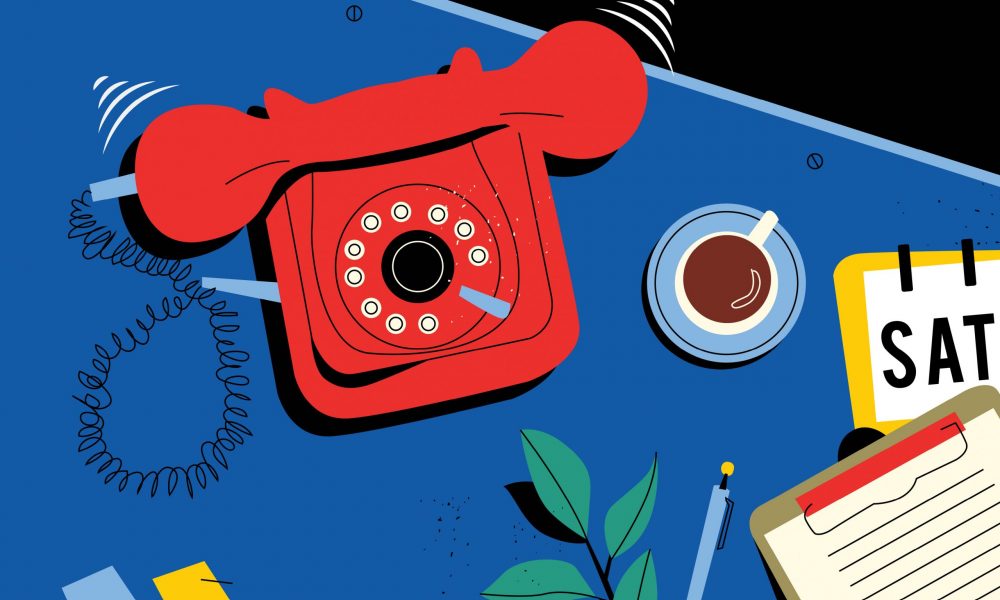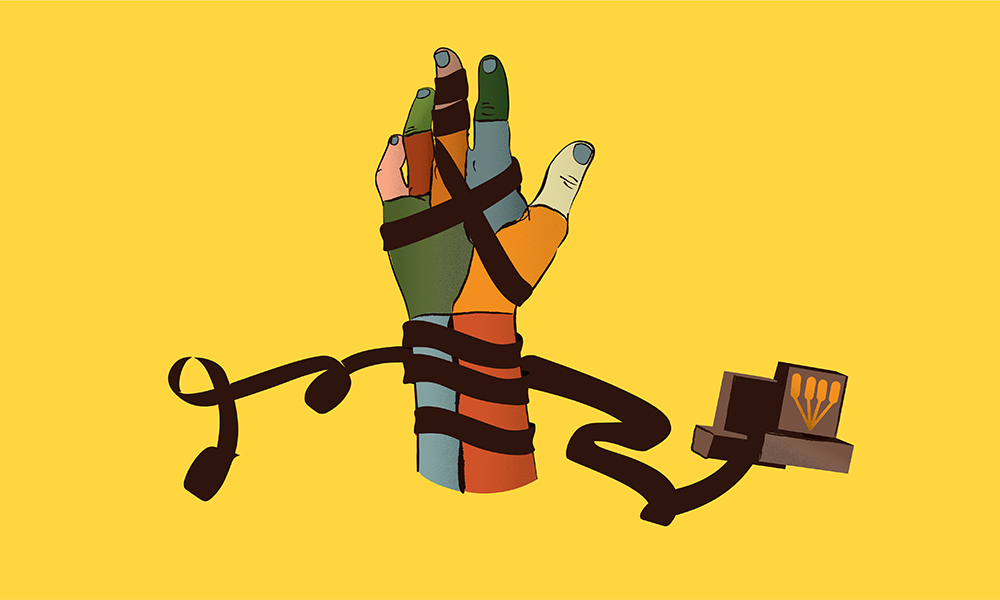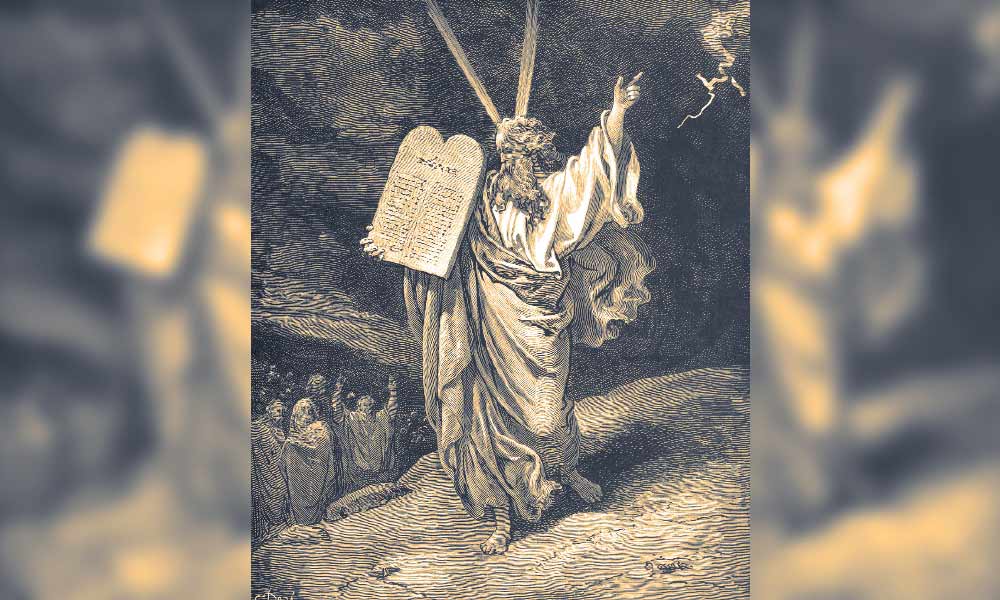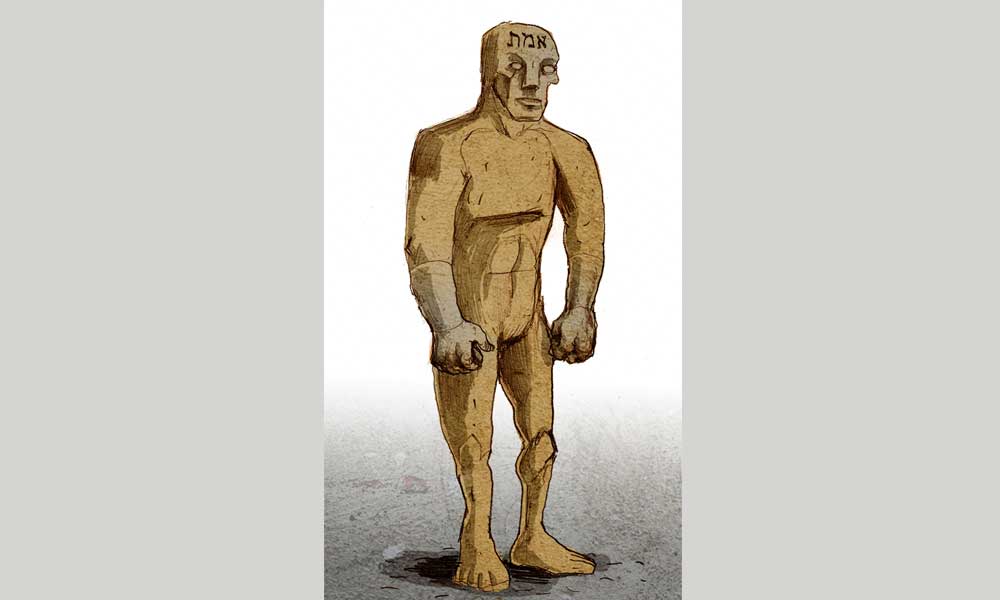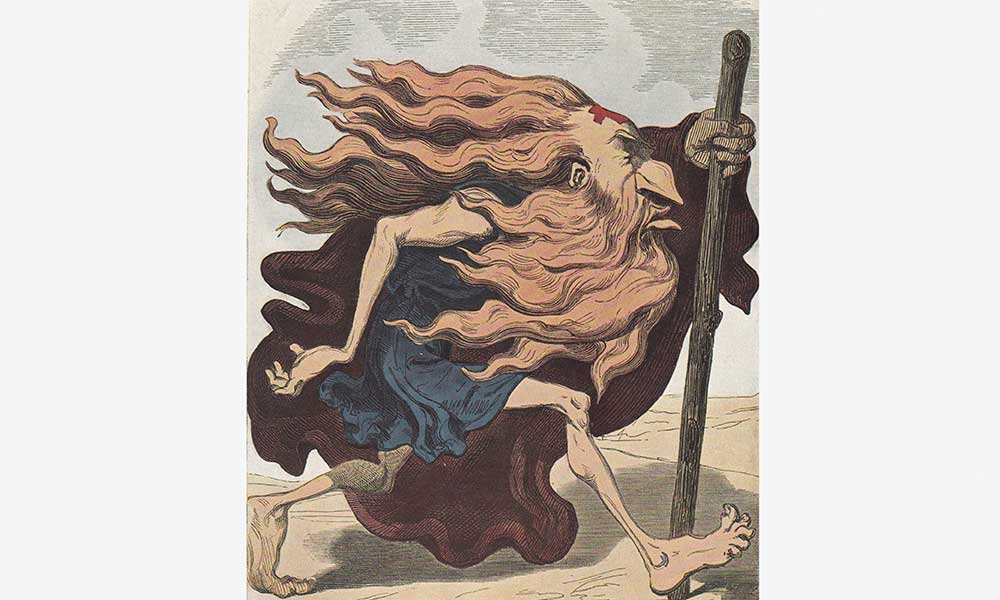In American culture, the word “hallelujah” is so associated with Christian prayer and music—and overall rejoicing and jubilation—that people often forget it is originally Hebrew. ...
Comedian Kevin Hart was bumped from hosting the 2019 Oscars for years-old homophobic tweets. ...
In Chaim Potok’s 1969 novel The Promise, sequel to the better-known The Chosen, there’s a scene that piercingly illustrates the Jewish legal emphasis on saving a life. ...
In Numbers 5:22, a priest orders a woman who is accused of adultery to drink water that is mixed with
...
The Mourner’s Kaddish, a prayer with ancient roots that a person says upon the loss of a parent, sibling or spouse, is one of the most instantly recognizable Jewish prayers of all time. ...
While “Jews of color” is not an exclusively American term, it was born of this country’s complex interrelationship between race and identity. ...
We Jews are obsessed with history. From ancient to modern times, from the Flood to the Exodus to the destruction of the Temples and the exiles, from the Middle Ages to the Inquisition and the pogroms to the Holocaust to the establishment of the State of Israel, we recall and ...
The word “challah” made its first appearance more than 2,500 years ago. ...
Suppose you’ve made a golem, a man-shaped figure of clay, and you want to bring it to life. ...
The first known bark mitzvah took place in 1958 in Beverly Hills, California. ...
Every autumn, Jews all over the world read the Torah portion Lech Lecha, in which God instructs the future patriarch Abraham to abandon his native land for a promised one ...
The term, historically used to describe an adherent to the ideology of white supremacy, is now thrown around so often that it no longer is always clear what it means. That's a dangerous trend. ...

